There has been a huge shift in the perception of our relationship with dietary fat. Not that long ago, fats were the Lex Luthor or Bane of our health. Now, with years of research, we have discovered that fats plan an essential part of any diet. Whether you are an athlete or someone looking to lose weight, you need fats to function effectively.
What is a "Healthy Fat'?
“Healthy Fat” can be classified as relatively unprocessed fats from whole foods.
Food sources of healthy fat include the following:
• Nuts
• Seeds (chia, flax, hemp)
• Coconuts and coconut oil
• Fatty Fish
• Avocado
• Olives
• Full fat yogurt
• Extra virgin olive oil
• Egg yolks
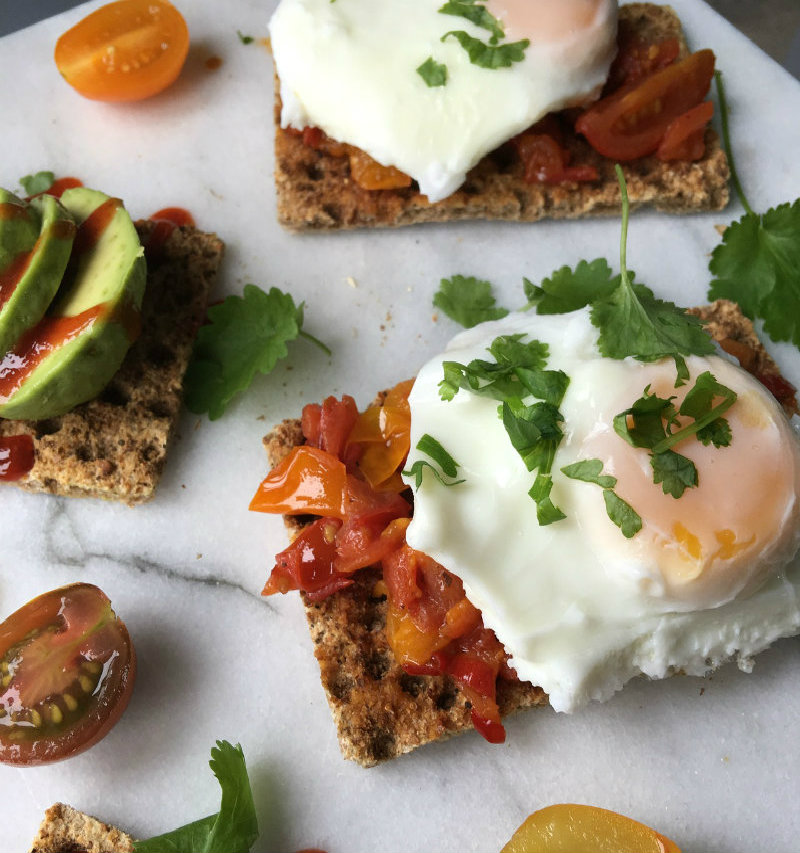
Unhealthy Fats
Unhealthy fats are typically those that are industrially produced and designed to be nonperishable, such as:
• trans- fatty acids that appear in processed foods
• hydrogenated fats such as margarine (hydrogen is added to the fat chain to make a normally liquid and perishable fat into a solid and shelf-stable fat)
• most shelf-stable cooking oils (e.g. safflower, soybean, corn oil, etc.)
The Importance of Healthy Fats
Dietary fat has six major roles:
• It provides an energy source
• It helps manufacture and balance hormones
• It forms our cell membranes
• It forms our brains and nervous systems
• It helps transport the fat-soluble vitamins A, D, E, and K
• It provides two essential fatty acids that the body can’t make: omega-6 fatty acid and omega-3 fatty acid
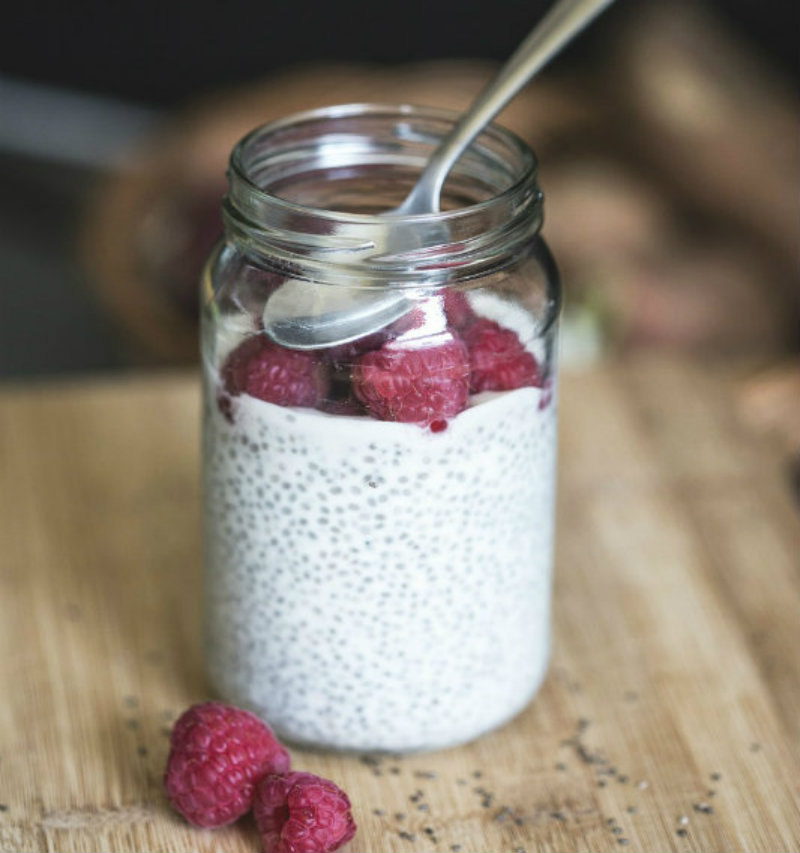
A Wide Range of Health Effects
• Fats exert powerful effects within the body.
• We need adequate fat to support metabolism, cell signaling, the health of various body tissues, immunity, hormone production, and the absorption of many nutrients (such as vitamins A and D).
• Having enough dietary fat will also help keep you feeling full between meals.
There is also strong evidence that support fats have the following benefits:
• Cardiovascular protection (though there is less evidence for protecting against heart failure)
• Improve body composition
• Alleviate depression
Balancing our fat intake can promote optimal functioning of our entire body. Therefore it’s important that we emphasize whole food fat sources in our diets, and supplement as necessary.
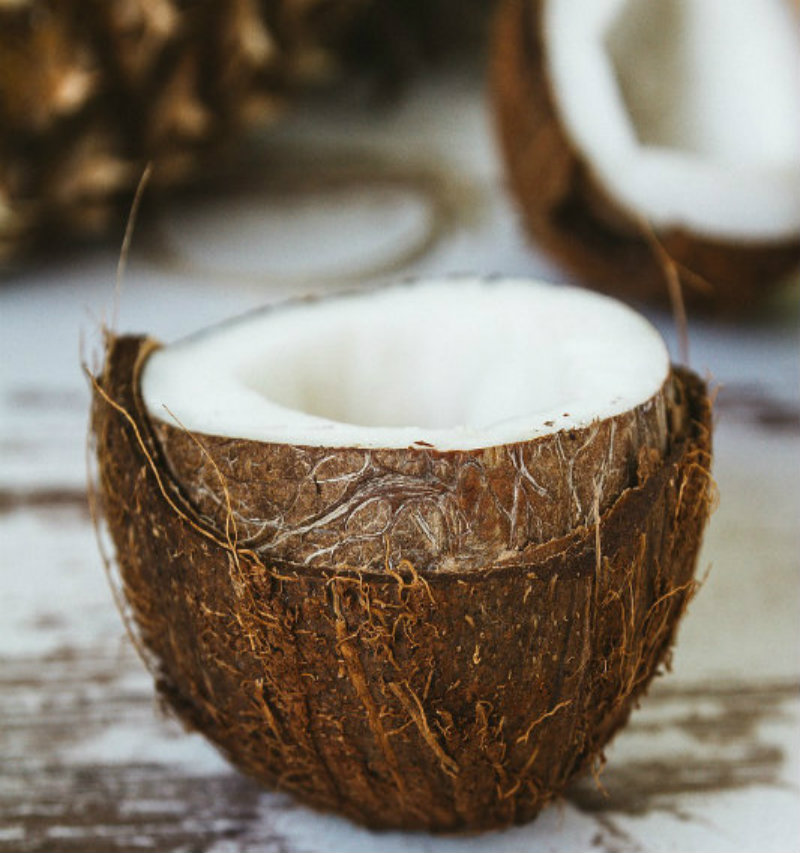
Deficiencies
A deficiency of essential fatty acids – Omega 3 and Omega 6 – could cause cognitive/brain development problems, vision impairment, skin problems, and delayed healing. There are also some links between Omega 3 fatty acids and mental health, so a fatty acid deficiency could lead to depression or other negative feelings.
Omega-3s
The most important omega-3 fats are the following:
• ALA (alpha-linolenic acid)fca
• DHA (docosahexaenoic acid)
• EPA (eicosapentaenoic acid)
Our bodies mostly use DHA/EPA, and don’t convert ALA very well. Most plant-based sources (e.g. flax, hemp, and chia) are rich in ALA while marine animal sources (i.e. fish) and algae are rich in EPA and DHA.

Monounsaturated fats
Monounsaturated fats (e.g. from nuts, seeds, olives, and avocados) appear to lower LDL cholesterol (aka the “bad” cholesterol and may also increase HDL cholesterol (aka the “good” cholesterol).
Saturated fat
Saturated fat seems to support the enhancement of good cholesterol.
Fats from palm oil and coconut oil are highly saturated. Palm and coconut also contain medium chain fats, which can support health and optimal body composition.
If you choose to consume these tropical oils, make sure they are unrefined (e.g. whole coconut or extra-virgin, cold-pressed coconut oil). For healthy saturated fats, look for pasture-raised meat and dairy.
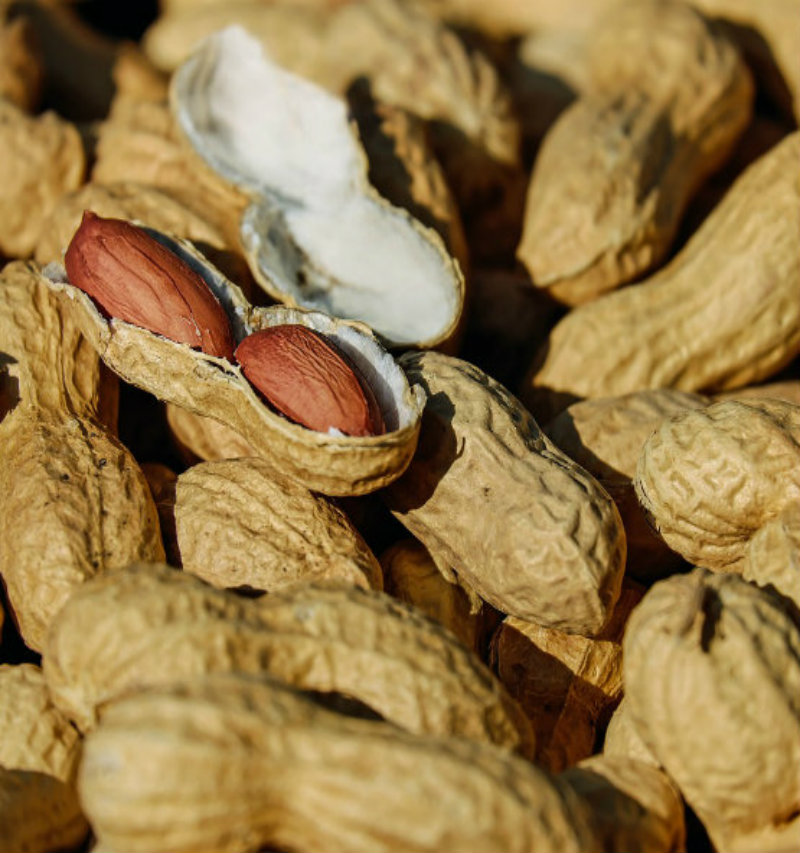
Summary
Get a mix of fat types from whole, unprocessed, high-quality foods. These include nuts, seeds (hemp, flax, and chia are especially nutritious), fish, seaweed, pasture-raised/grass-fed animals/eggs, olives, avocado, coconut, and cacao nibs.
Avoid industrially processed, artificially created, and factory farmed foods, which contain unhealthy fats.
Try to start your day with good quality fats to boost brain function and increase satiety throughout the day.








 Meal Preps
Meal Preps
 Nutrition Tips
Nutrition Tips
 Exercise
Exercise
 News & Updates
News & Updates
 Lifestyle
Lifestyle
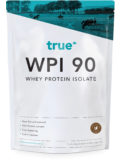
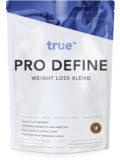




Leave a comment